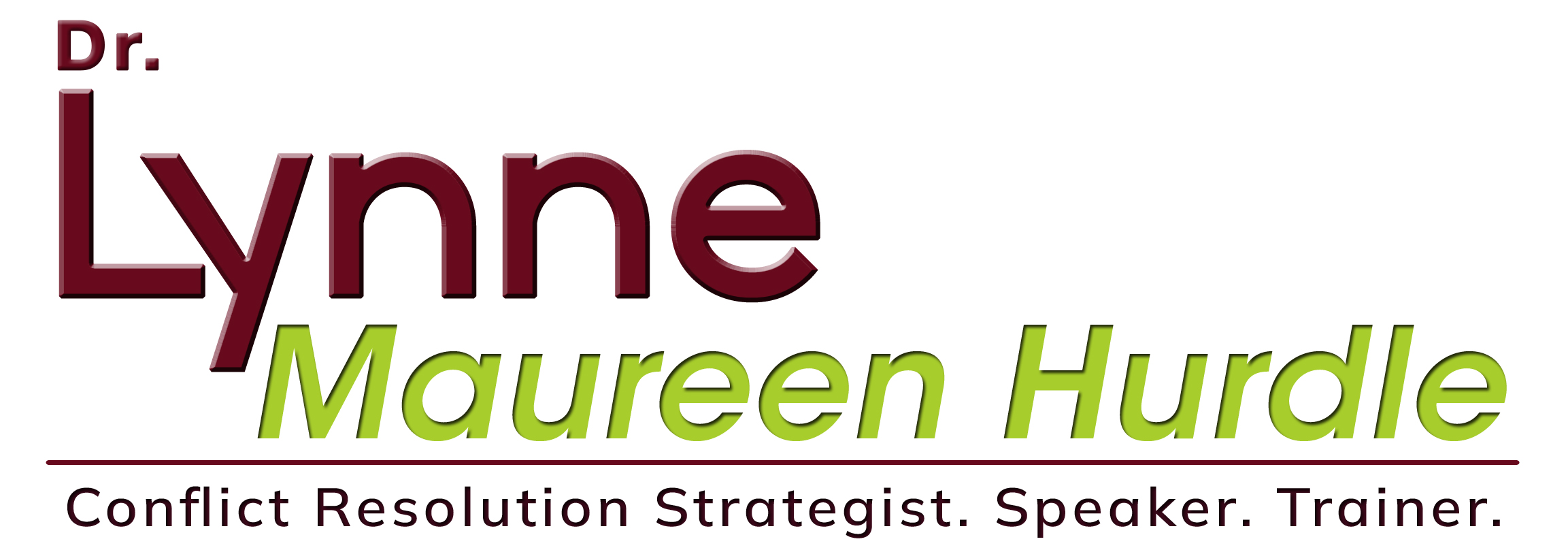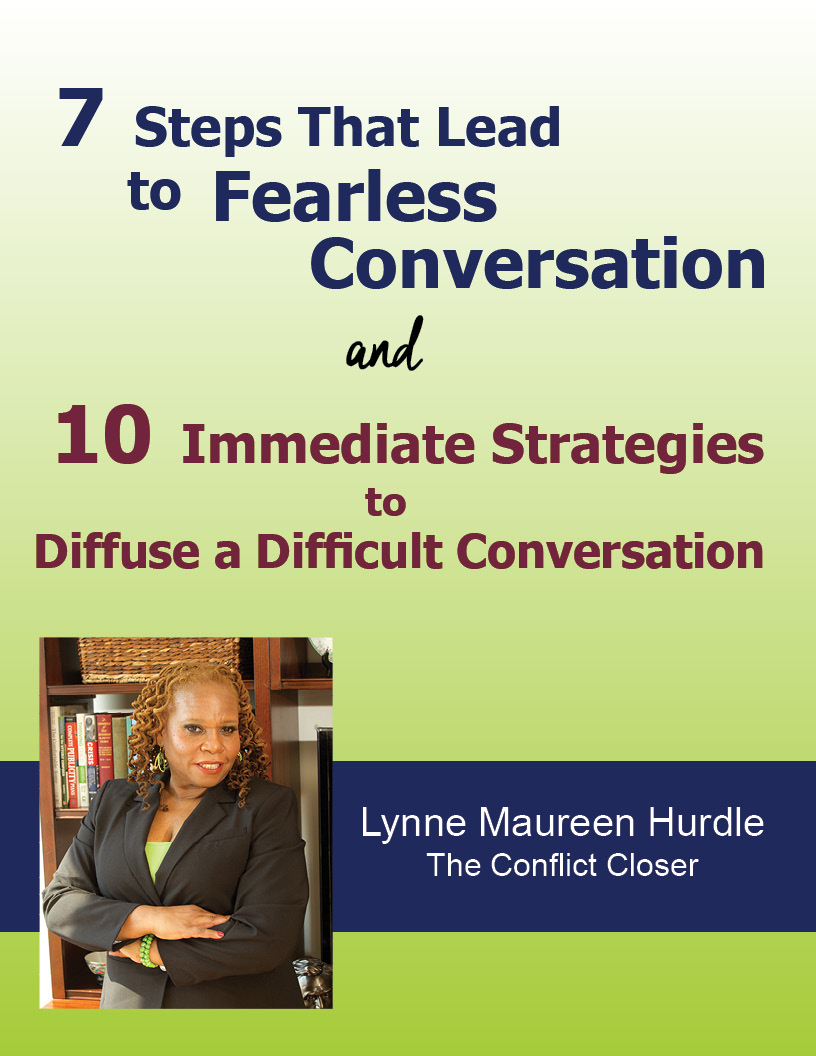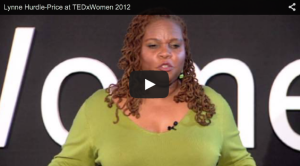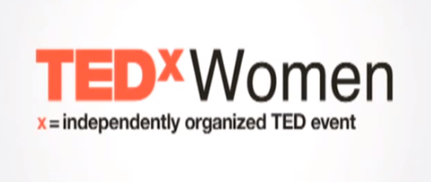It’s not easy, but you can do it.
Here’s a dangerous phrase, “Let’s just agree to disagree.” I can feel you disagreeing with me already about this. But stay with me. Why is it dangerous? Because most of us don’t know how to disagree. We are simply not taught how to do it. Look around. How many people do you come in contact with who are really good at it? Think about the models you had growing up. How did they engage in conversations where they disagreed with people?
I am over 40 years into the work of conflict resolution, and I can tell you that no matter where you live, how you grew up, your ethnicity, nationality, personality, you name it, across the board we are not good at disagreeing with each other. That’s why that phrase is so popular and yet I maintain that while we know how to throw that phrase around, we don’t actually know the basic methods of doing it or if we do, we are choosing not to use them.
The other problem is that some of us are not even willing to agree to disagree and are determined to just be disagreeable.
Listen, disagreement is conflict which in its basic definition is two opposing ideas or perspectives or situations that can prevent people from moving forward. By the way, even some of our dictionaries define conflict in battle terms which only sets us up to view conflict as a win-lose or a win-at-all-cost engagement.
But how do we use our ability to disagree in ways that do not make us disagreeable? I am using disagreeable to mean offensive, speaking with intent to harm and to stop the conversation from moving forward.
Five things to consider when you disagree:
- You are seeing the situation from your own lens
We can all see or listen to the same situation, sometimes at the same time, and not necessarily see it the same way. Our lens is informed by many things including past experiences, knowledge, earliest messages about a situation, beliefs… hey, the list goes on. So I ask you to come into a conversation not so much thinking that you are never going to agree, but that everyone is going to enter with their own lens, even you, and therefore it is important to allow for that to be present and acknowledged. Once you have stated your opinion, it can be helpful to add: “This is the lens that I am seeing it from” and go on to give some insight into your lens.
- Listening for understanding is the most important skill in conversations, especially disagreements
Oh no, here we go, this listening thing again. Yes, but here’s the deal. Social media, emailing, and texting have made it more challenging because we are essentially reading and not really engaging in listening unless we are watching a video. That just means that we have to engage the skill of seeking to understand rather than to immediately react. That’s hard because in verbal conversations most of us are only listening up to the point at which we wish to interrupt and get in there with our own points. That means that listening/reading creates the opportunity for us to take more time to try to understand.Ask questions for clarity, consider that the person doesn’t necessarily have bad intentions by expressing their view, (I know this one is particularly difficult because we have learned to be very suspicious of one another), and check that you are understanding them correctly. For this last one, saying this has been helpful for me: “This is what I am understanding you to say… did I get that right?”
- Assumptions only lead back to our own opinions
We take in over a million pieces of information on a daily basis, which means the brain has to figure out a way to get that to us. Our brain develops shortcuts, which is how bias forms. It categorizes things for us in order to make it easier. Assumptions are shortcuts based on previous information and experiences. While they may inform us, they don’t lead to new information or finding out what others really mean by what they say. Catch yourself when you are making assumptions even if they are based on previous conflicts with this person. I’m always asking my clients “Is that what they said?” Often the answer is ‘No, I didn’t ask them, but I just know that is what they meant or are going to say.” The truth is you only “know” what you assume until you engage further in the conversation and ask.
- Knowing what escalates a situation is helpful
So many things I can name here but I will just choose a few. Name-calling, Putdowns, and Dismissing folks add fuel to the fire. Let me be clear, hatred escalates but should never be tolerated. Understanding that disagreements get our emotions and then our physiology involved is critical to being able to disagree without moving into being disagreeable. Let’s face it, some things get us heated and that happens quickly these days. Knowing that feelings drive reactions being in touch with what your reactions tend to be means you know what’s coming and you have to have the skills to manage them. I’ll use myself when someone says something that hurts or touches any unhealed wounds (we all have them), it only takes seconds before the heat rises in the back of my neck or I start pacing. That’s my signal to use my emotions in a way that is helpful to the conflict at hand. An explanation may help.One of the most poignant things my youngest son said as insight to himself is “A Black man’s passion is often mistaken for anger.” If you are passionate about the issue, cursing or name-calling may be what you do but understand what that can often do to the disagreement. ‘That’s so stupid or you’re so stupid’ are not invitations to agree to disagree unless a person knows that’s your style and they are willing to hang in there with you, but not everyone will be. Expressing emotions isn’t bad, but you have to know the effect you are going for and whether or not they are helping things move forward.
- Intention is everything
Why are you even in the conversation? Are you simply there to prove your point, to win, or to be contrary? Be honest with yourself. Search your motives. Disagreeing without being disagreeable means that you really do value what the other person has to say, and you are earnestly seeking to understand along with being understood. The fact that you don’t agree doesn’t have to lead to dislike or the need to discredit or destroy. The fact that you can actually engage in a heartfelt conversation that may not have led to an agreement this time can have all kinds of benefits.You can learn a different perspective and where it comes from for someone. You can sharpen your conflict engagement skills, like listening, and be prepared for the next conflict in a better way. You can open yourself up to a new way of thinking. You can know that you have been heard. But all that depends on you doing an honest assessment of why you are choosing to engage in this disagreement because if your intention is positive, you will have to remind yourself of that good intention as the conversation continues. If you can’t do that then you may have to just walk away or scroll past in peace.
I told you this is not easy. I think I am going to do a series of blogs on this because we need to be able to disagree in ways that not only keep us engaged in good, difficult conversations but also keep the door open for more.
We can do this!
In Love,
Dr. Lynne





